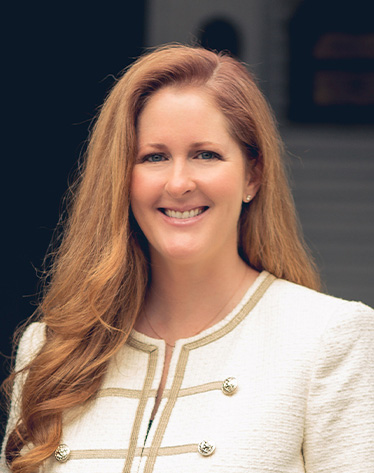
A little disclaimer before you read on: I am a huge advocate for the use of parenting coordinators (“PC”) in difficult child custody cases. I have been using them in my cases for many years now, and I am also a PC.
What does a parenting coordinator do?
The most basic answer to this question is that a PC helps parents abide by their child custody order, which may involve resolving disputes regarding interpretation of terms of the custody order, or ambiguities within the order, teaching techniques for effective co-parenting, and/or resolving legal custody disputes for parents who share joint legal custody. The role, responsibility, and authority of a PC is governed by Article 5 of Chapter 50 of the NC General Statutes. PCs are either mental health professionals or lawyers who have been trained to serve as PCs. PCs are appointed by a court, and the appointment order addresses how the PC’s fees are shared between the parties (either 50/50 or some other split, depending on the circumstances).
Do you need a PC?
Technically speaking, appointment of a PC is for “high conflict” custody cases, which is a term defined in the above-linked statutes, and means a custody case with an ongoing pattern of any of the following: excessive litigation, anger and distrust, verbal abuse, physical aggression or threats of physical aggression, difficulty communicating, or conditions which, in the discretion of the court, warrant appointment of a PC. However, I find that many cases which don’t fit precisely into this definition can still benefit from a PC, and if parties mutually agree to appoint a PC (which, in my experience, they often do), then they may do so and no hearing before a judge is required.
If you and your co-parent struggle to come together to make decisions jointly for your child(ren), or if you seem to continually struggle with effective communication, then chances are good that you (and your child!) could greatly benefit from getting a PC involved.
Parents often share joint legal custody which means that all decisions of significance for the child must be made by mutual agreement, and neither parent has the authority to make such a decision over the objection of the other parent. Decisions of significance are the major life decisions which fall under the broad categories of health, education, religion, and the like (for example, a decision about where your 5-year old should begin kindergarten, or whether your child should get the HPV vaccine). When a dispute arises between co-parents regarding a decision of significance, parents are often left in limbo without a clear mechanism to resolve the dispute (and as a result, the only recourse is for one or both parents to file a motion and put the issue in front of the court to decide). But a thoughtfully-drafted, child-focused consent order (i.e., agreement) for custody can (and should) speak to how such disputes are resolved and one such method (the preferred method, if you ask me) is by appointing a PC. Once appointed, a PC is involved in your custody case on an ongoing basis, which means they get to know both parents, the background of your situation, and, in some cases, your child (I say in some cases because in cases involving older children, it is common for the PC to meet/consult with the child on an as-needed basis). In other words, they are not a stranger to you, like a judge is. Judges know nothing about you or your family other than what they are presented with in the courtroom at the time of hearing; so in terms of being able to make a sound and child-focused decision, I would much prefer to have a PC doing that than a judge.
In my practice, I find myself constantly providing my clients guidance on how to co-parent in ways that minimize conflict and prioritize the best interests of the child. It’s not something that comes naturally to most, even the most evolved divorced couples, and while there are some resources out there, you have to go out of your way to find them. If you or your co-parent (or both of you) struggle with effective co-parenting, then appointment of a PC could dramatically help to reduce conflict, implement more effective techniques for communication, and bring the focus back to your child (and away from the ways you have hurt one another).
PCs often help people stay out of court, ending the senseless cycle of litigation some parents experience. Because PCs have the authority to resolve disputes between the parents, there is usually no need to return to court for resolution of such issues, or compliance issues. The result is that conflict is reduced and everyone saves money (two parents splitting the cost of the PC’s fees compared to each attorney paying their lawyer to go to court).
How long does a PC remain involved in your case?
That depends and could vary. Sometimes an order appointing PC will specify a finite duration for the appointment (because that is what the parties have agreed upon), other times it will provide for the appointment to continue until the parents agree otherwise, or the court orders otherwise. One of the nice things about having a PC involved is that you can use your PC on an as-needed basis and pick up where you left off as issues arise.

This article authored by Courtney Hamer Smith, board certified specialist in family law, Collaborative Divorce practitioner, parenting coordinator, and mom of two.


